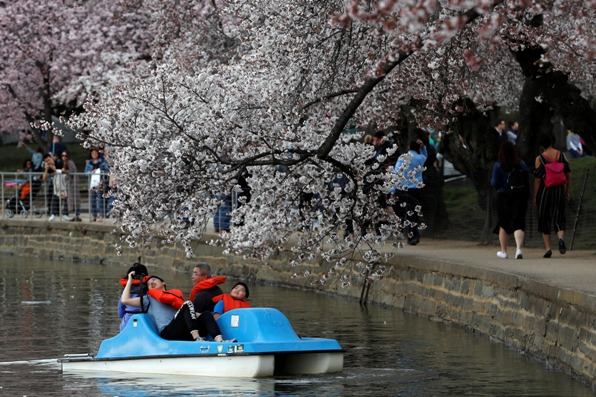Focus on safety before heading out on the water

National Safe Boating Week began on Saturday and runs through Friday, May 22, and Safe Kids Kansas reminds families to follow safety recommendations before heading out on open water.
“We know during this time of COVID-19, many of us are eager to get out. First and foremost, we encourage everyone to be mindful of the pandemic and follow any state and local guidance in place to ensure your family’s safety,” Cherie Sage, Safe Kids Kansas Director, said.
U.S. Coast Guard statistics show that drowning was the reported cause of death in four out of every five recreational boating fatalities in 2018, and that approximately 84 percent of those who drowned were not wearing life jackets.
Kansas law requires children ages 12 and under to wear life jackets while on board a boat or when being towed behind a boat on skis or a tube. In addition, children under 13 are required to wear life jackets on any recreational vessel in waters under Coast Guard jurisdiction. Life jackets must be approved by the U.S. Coast Guard. “Water wings” and other inflatable swimming aids such as inner tubes are just toys and do not prevent drowning.
Safe Kids Kansas also recommends the following tips to keep your family safe while boating:
- Always wear a life jacket on all watercraft, including motorboats, kayaks and canoes.
- Be aware of Harmful Algal Blooms. Bodies of water can be impacted by blue-green algae, which can cause health risks for humans, particularly children, and pets. For more information please visit www.kdheks.gov/algae-illness/index.htm.
- Actively supervise kids in and around water. Supervision around water is crucial, as drowning can happen quickly and silently. Designate a grown up as a Water Watcher for a certain amount of time (such as 15-minute periods) and have adults take turns to prevent lapses in supervision.
- Teach children about swimming safely. Every child is different, so enroll children in swimming lessons when you feel they are ready. Make sure kids swim only in areas designated for swimming. Teach children that swimming in open bodies of water is not the same as swimming in a pool. They need to be aware of uneven surfaces, currents and undertow.
- Check the weather. Look at the forecast before you head out on the water. Have a weather radio or weather app handy to alert you of severe weather, which can move in quickly.
- Keep a Carbon Monoxide (CO) Detector on your vessel. Keep a detector on board and test it regularly.
- Take the time to learn CPR. We know you have a million things to do but learning CPR should be on the top of the list. This life-saving skill can also give you some peace of mind.
- Take a Safe Boating Course and always do a vessel safety check. Boating Safety courses can be found at www.uscgboating.org.
For more information about water and boating safety visit www.safekidskansas.org and www.safeboatingcouncil.org.



